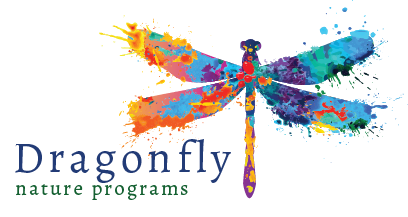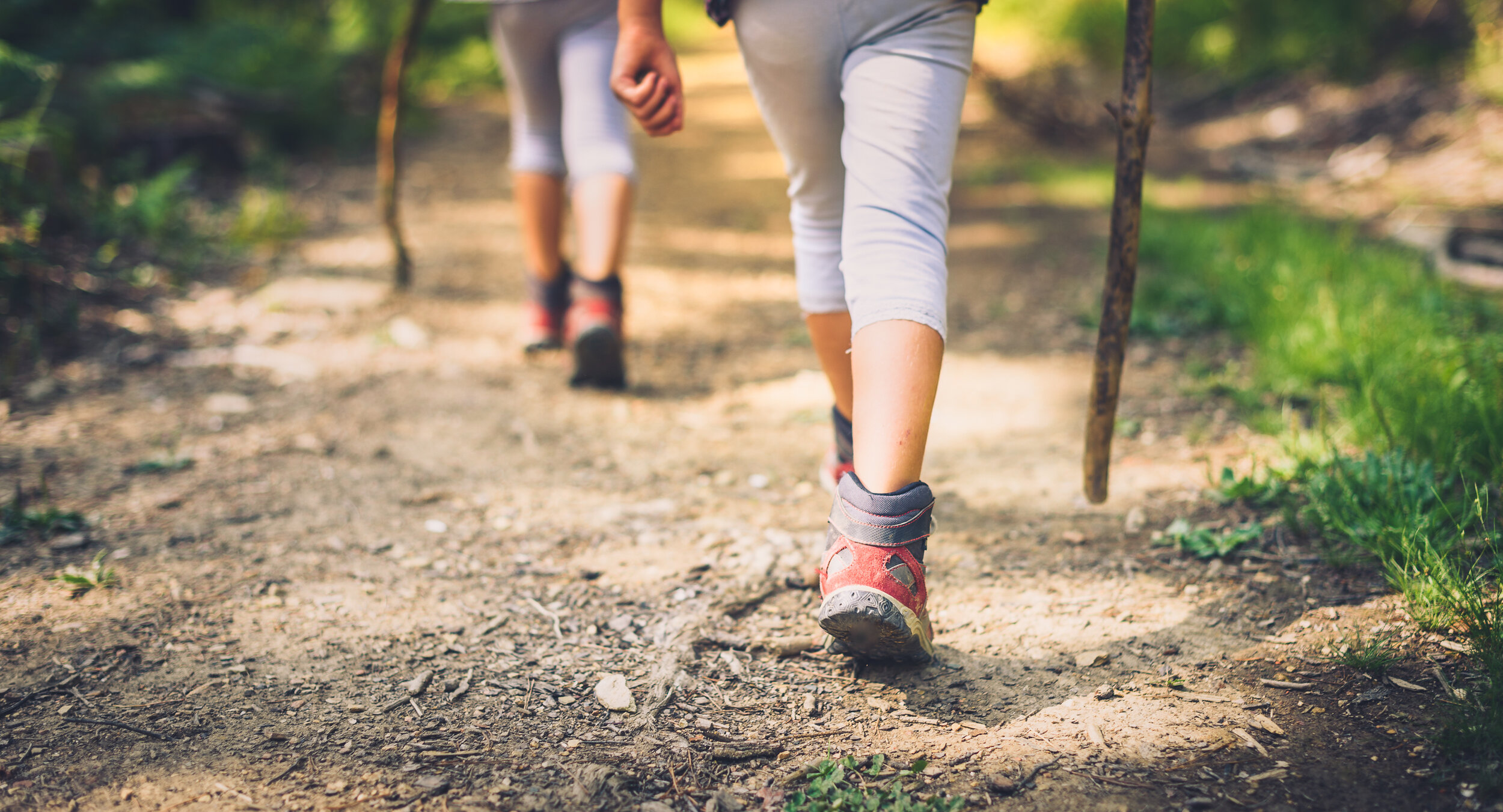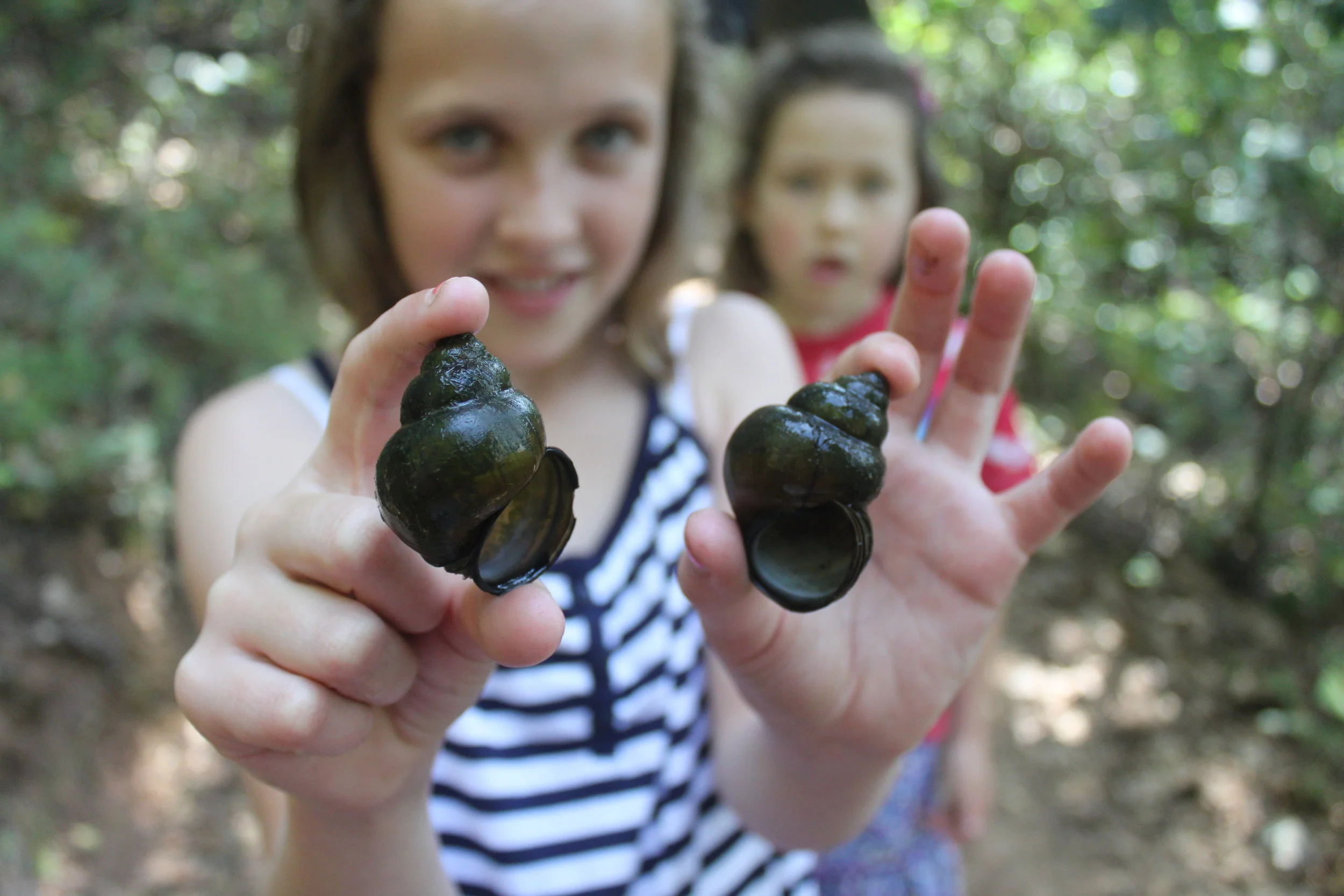Citizen Naturalists are willing members of our natural world, along with the plants and animals, fungus and soil, we share our spaces with. As such, they notice nature all around.
what?
Citizen Naturalists is a program designed to get young people safely outdoors, exploring and observing living organisms in their natural environments. It is both educational and physical, will expand a person’s understanding of nature, science and their personal place in the world. We will focus on the relationships between living species, how living things impact their environment and our human relationship with it all.
Where?
We run programs at various sites around the Triangle. Currently, we provide after school enrichment by working with schools who host a program site.
Two young girls with aquatic snails.
who?
Our after school programming is open to elementary age students.
All programs held on school campuses are populated according to each school’s enrichment policies. All inquiries should run through our participating school(s).
Why?
It’s easy to ignore the wildlife within a town’s limits, but bringing awareness opens up a whole new world. Nature calms a spirit, roots a busy body, inspires, heals and awakens the senses. But time spent indoors and on screens convinces us to ignore our natural instincts for outdoor discovery. This club aims to teach young people how to safely explore the outdoors, how to observe and interact with nature and it encourages advocacy for our natural world through awareness of our local flora and fauna.
Child with a bright red leaf.
how?
Participants will learn naturalists skills through capture and release practice, proper identification of plants and animals, biological and chemical creek monitoring, the use of binoculars and micro-lenses and wildlife cameras, etc.
Each meeting will have an intended focus which may include, but are not limited to:
Bird Identification
Plant and tree identification
Herpetology (reptiles and amphibians)
Mammal tracking
Water quality monitoring + aquatic life
Insect Identification
Wildflower and local flora identification
The study of phenology
Weather
Participation in global citizen science projects
When?
We run programming during both the fall and spring semesters. The length of the program differs by site.
We also provide half-day and full day summer camps at participating schools for preschool groups and elementary groups.
Learn More
Have questions about the instructor? See our Meet Dragonfly Nature Programs page to learn more.
Want to learn more about local flora and fauna? Check out our blog: “Wildlife Encounters of a Homebody”
Follow us on social media @dragonflynatureprograms #citizennaturalists and follow our identifications on iNaturalist




